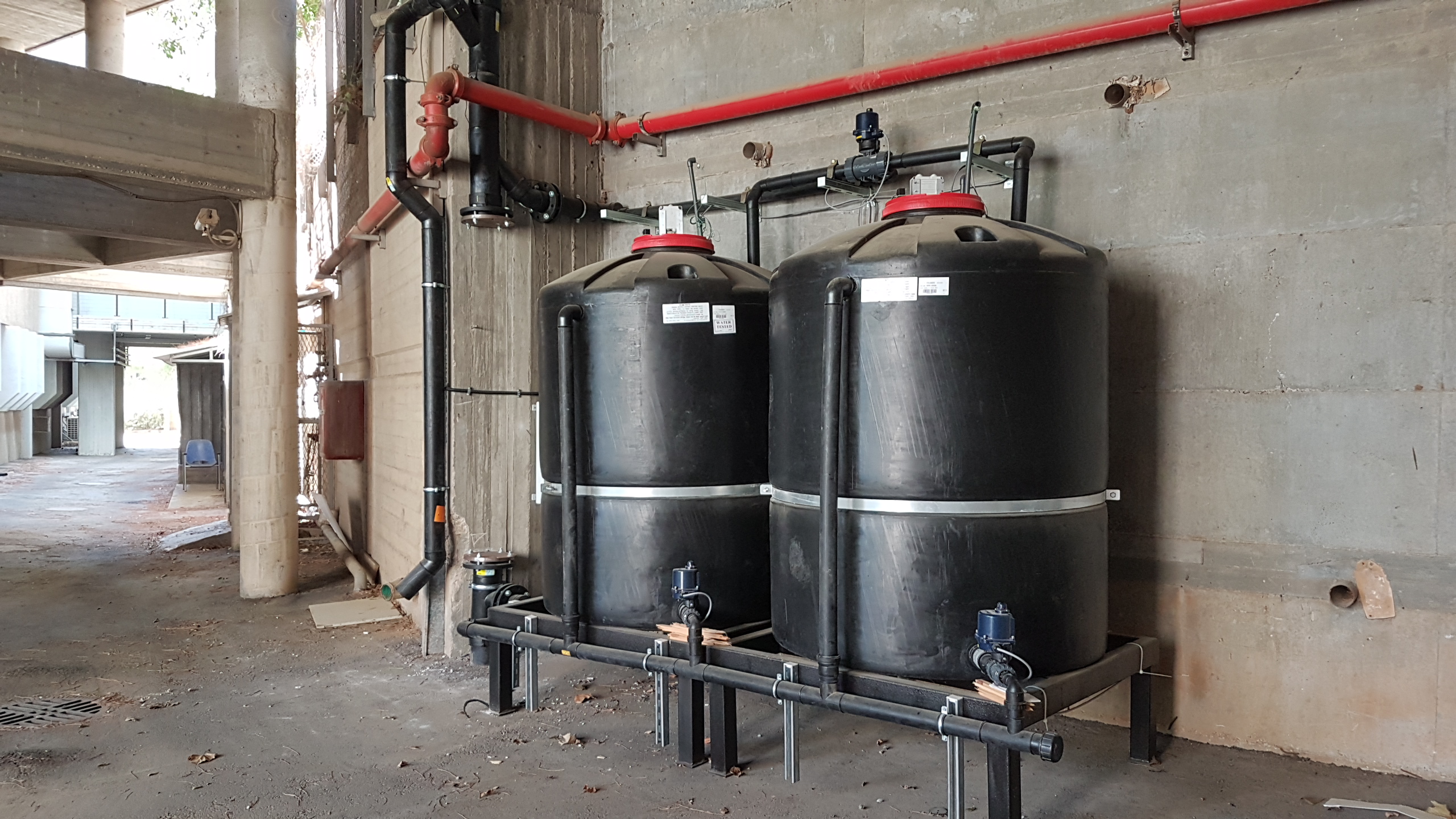Israel must aim for net-zero emissions
October 15, 2020One of Israel's primary goals should be to quit fossil fuels and create an economy with zero emissions by 2050. That is the dominant global trend, and if we do not change our course, we may pay a severe economic price.
Climate and economy are two seemingly separate issues that, in reality, are closely intertwined and, today, have become almost inseparable. The destructive impact of the fossil fuel-powered economy on the global climate, biodiversity, and the natural environment is glaring and demonstrable. Now, the pressure on the Israeli economy to change for the sake of the climate and the environment is growing.
For example, the Convention of Biological Diversity (in which President Reuven Rivlin represented Israel) marked a shift in consciousness among many countries worldwide. This shift was also reflected in a statement by some 80 countries to Reverse Biodiversity Loss – Israel was also among those countries. The voices calling for change are getting louder.
A key step on the path to change is to reach a balance between the rate of greenhouse gas emissions and the rate of their removal from the atmosphere. The Paris Agreement, which Israel has ratified, stipulates that humanity must avoid crossing a 2 degrees Celsius warming threshold, and if possible, not even cross 1.5 degrees.
Crossing these science-based thresholds will cause massive, irreversible, lasting, and powerful changes to the global climate system. It’s important to emphasize that we are very close to crossing the limit of1.5 degrees Celsius. The global temperature has already risen by one degree and possibly even by 1.2 degrees over the last few years.

Towards carbon neutrality
Like every other country in the world, Israel must contribute to the global effort to reduce greenhouse gas emissions and reach a state of net-zero carbon by 2050. However, in Israel, things are happening slowly. Too slow. In government ministries, we talk at best about a “low-carbon economy” – that is, an economy that will reduce its greenhouse gas emissions. This is very different from the global trend towards a “net-zero emissions economy” – an economy that has dramatically reduced its greenhouse gas emissions and aims to remove the excess carbon dioxide from the air, for example, by planting trees and ecological restoration.
Either way, Israel is still light years away from even reaching a low-carbon economy, mainly because of its continued dependence on natural gas. This might impact not only the climate but also the local economy, as the world is steadily and rapidly moving away from fossil fuels (coal, oil, and gas) and towards renewable energies. There is a genuine risk; some may even say certainty that infrastructure and projects based on fossil fuels will turn into white elephants within a few years.
In addition, insisting on holding on to conventional means of energy production and developing projects based on fossil fuels could steer The State of Israel into a very unpleasant economic and political situation in the future: In the face of the climate crisis, the nations of the world will have no choice but to change direction in order to save themselves. The pressure to reduce greenhouse gas emissions will increase immensely and will be reflected in political pressure and excruciating foreign trade policies. Polite diplomatic requests to align with the global effort to save the planet will turn into massive political pressure. This will be accompanied by strict economic measures like imposing a carbon tax on products and goods for major export markets in the world.
As a result, for example, the European Union, Israel’s largest and most important trading partner, is already openly declaring its intention to adopt an assertive foreign policy in this area. More countries in the world are expected to join this trend and impose severe economic sanctions on those who do not meet the stringent standards to protect the Earth’s climate. Today, there is a growing list of many dozens of countries that have declared their intention to reach carbon neutrality in the future. Among them are economic giants like Germany, France, Britain, and countries from Latin America and Asia. China has also recently announced a similar target by 2060. This is a historic announcement since China is not only a gigantic economy but also the largest producer of greenhouse gases in the world today.
It is important to understand, this is not a passing fad, but a significant development in international relations, joined by big countries and cities, and large corporations like Nestle, Qantas ) Australia’s biggest airline), and IKEA. The latter pledged to reach net-zero emissions in 2030. Even oil companies like energy-giant TOTAL jumped on the bandwagon. All these players of the global economic arena understand that the era of fossil fuels is over and that it is only a matter of time until the process is complete.
This development is also evidenced by the meteoric rise in the shares of renewable energy companies and the dramatic decline in the value of shares of obsolete energy companies. The market has already set sail for a new era. Will Israeli decision-makers decide to follow?
About 53 percent of the global economy is currently on track to implement a net-zero emissions target by 2050. Some countries have set an even more ambitious timetable: Bhutan and Suriname have already met their targets, Norway will follow in 2030, and Sweden in 2045. It is essential that Israel also recognizes this global trend and prepares for it by making strategic decisions to move towards a zero-emission economy by 2050 and, if possible, even before that. Only this action will prevent significant economic shocks, considerable damage to the economy, and political pressures in the future. Israel must not miss the bus.
The author of this article is the Special Envoy on Climate and Sustainability at the Israel Ministry of Foreign Affairs
This ZAVIT article was also published in The Jewish Journal on 10/16/2020.







